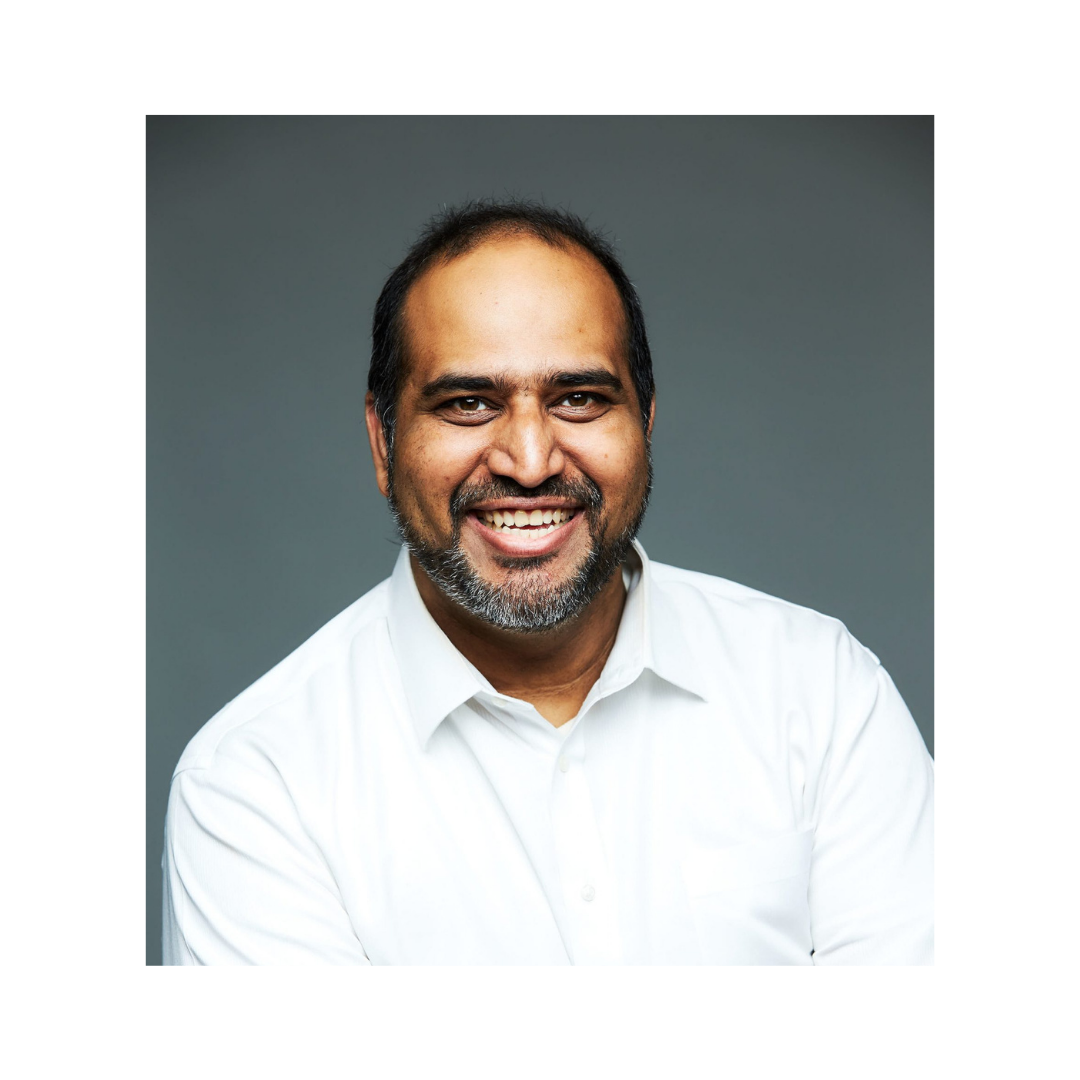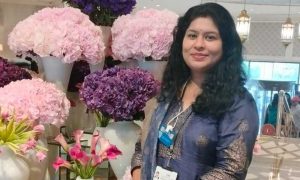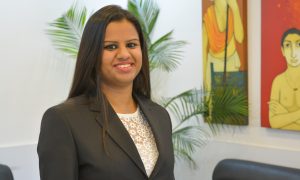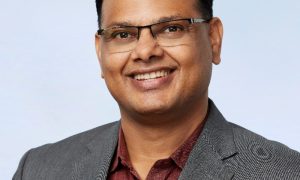DARSHAN KULKARNI, PRINCIPAL ATTORNEY AT KULKARNI LAW FIRM, ON BEING A LAWYER, WRITER, PODCAST HOST AND A 6TH GENERATION PHARMACIST

This interview has been published by Maaz Akhtar Hashmi and The SuperLawyer Team. The Interview was taken by Priyanka Cholera.
Being a 6th Generation Pharmacist, a lawyer, writer and podcast host. How has this journey been for you?
I lived in India for the first half of my life and pursued my higher secondary education from St. Xaviers University and secondary school from Green Lawns. Post that, I went to the US and pursued community college at the age of 18, whereby I completed 2 years of community college in 1 year by completing the requirement of 60 credits. I simultaneously applied to Pharmacy and Business School but ended up going to pharmacy school. While pursuing my education, I also handled 14 jobs simultaneously, so I have done everything from working as a pharmacy technician to creating the website for the social science department at my university to running the local domain for my university.
I completed my Doctor of Pharmacy degree at the age of 22 and then went back to get my Juris Doctor degree at 25. I also completed my Masters in Quality Assurance/ Regulatory Affairs while simultaneously clerking for a Federal Court Judge, the Hon. Clifford Scott Greene, in the Eastern District, Pennsylvania. He was an absolutely wonderful judge from whom I learned a lot about legal nuances. During this time, I realized that I had a creative and business side and got interested in podcasting while juggling between being a pharmacist and a lawyer. Early in my career, I was the corporate counsel for a pharmaceutical company based out of Edison, New Jersey. I also wrote a couple of book chapters and taught at the University of Sciences, where I taught Health Law, Bioethics, Drug Advertising, and Regulatory Documents. I have also guest lectured at the University of Colorado, Drexel School of Engineering, Temple School of Pharmacy, Temple Law, the University of Florida and the University of Southern California. I look forward to teaching for the Law department of Drexel University pretty soon. I have also been the Chair of the Life Sciences interest group for the American Bar Association. My journey has been exciting and has been led with the purpose to learn as many things as possible.
You decided to pursue J.D. at Temple University after having hands-on experience in practising pharmacy at few of the most reputable institutes in the world such as Albert Einstein Medical Center and John Hopkins University as an instructor on Pharmacology and Toxicology. Considering the differences between law and pharmacy, did you face any impediments while transitioning from two very unrelated disputes?
To address your question, you are referring to two eras of my life: the pre-pharmacy one and the pharmacy one. In my pre-pharmacy career, I taught at Hopkins in their Centre for Talented Youth program. When I was teaching them, I was 20 years old, and my intern was 3 years older than me. At Einstein Medical Centre, it was my first experience as a hospital pharmacist, and I learnt a lot about how hospitals work. I spent over 10 years working at the Thomas Jefferson Hospital and mainly worked in pharmacy settings.
To answer your question on how I transitioned to law, I believe that all businesses run on three aspects: technical, legal, and business. As a 6th generation pharmacist and having done pharmacy, I understood the technical aspects. Having studied accounts in India, I understood the business aspect; while completing my JD in law, I also started understanding the legal aspects and got a holistic view of the profession.
Post law school, you worked as a Clerk to the Honourable Clifford Scott Green who was one of the most well-regarded judges in the Eastern Pennsylvania district. Please tell us about the experience of working under a federal judge, who had popularly presided over a 26-year old case that ended institutional racism in the Pennsylvania State Police?
The Judge I worked for was incredibly smart and taught me a lot. He taught me the virtue of patience. As a youngster, I was always curious to know many things. At the same time, he taught me to focus on what question I was trying to answer, which helped me understand that we focus intently on the answer most of the time rather than focusing our energy on the question.
Your firm, Kulkarni Law Firm, focuses on helping U.S. Food & Drug Administration (FDA)-regulated companies successfully promote their products. From clinical trials, advertising and marketing, to drug dispensing. Can you throw some light on how Kulkarni Law Firm is an epitome of a new age industry aimed at creating a positive impact at large in the pharma marketing space?
What makes things work for us is that I look at everything from a patient-centric viewpoint. I stand by the philosophy that in the end, it’s about helping the patient, and if you aren’t helping the patient then you really haven’t achieved anything. My idea is never to think about how we can “get past” the FDA, but I believe we have met the spirit of the law and hence in the process, we help the patients. So, the answer in simpler terms would be I try to teach companies to meet compliance requirements of the FDA through regulatory strategies so that in the end, the patient’s goals can be met.
You work on U.S. Food and Drug Administration (FDA) regulatory compliance. You have also been involved as a member of various State Bar Associations. What are the existing system loopholes in the over-regulated Pharma industry of the US, that you are aiming to address through your work to promote public health?
I believe that conversations about public health must be held in a way to educate patients. A simple example would be podcasting or hosting a session on Instagram whereby you educate the consumer as to why they must take charge of their own health and steps to undertake such measures. This will help in understanding things from a patient-centric view. I use non-traditional means to reach out to people. I believe in digitally educating people because people who rely on their doctors completely don’t have any other means to find out what they or their loved ones are consuming. Hence, you won’t realize the importance of having these conversations on a virtual platform unless you lose someone to a bad prescription or medicines.
The first episode of Darshan Talks dates back to July 2019, titled “Art of the Possible”. The latest episode is on Pharma marketers embracing electronic Continuing Medical Education and its scope post covid, all of these topics are extremely engaging and provide real-life insights on otherwise dreaded topics. How has your journey been for the past 2 years? If you could invite any guest from the legal or pharma world, who would it be?
It hasn’t been difficult to find guests because I often talk to my friends, and believe me, I have a guest list completely chalked three months into the future into January. On-boarding guests for me has not been difficult as I end up using my network. Once they have done the podcast with me, I call them again post 2-3 months and hence I have a rotating list which gives me the added advantage of not having to come up with new guests all the time. I also try to reach out to people interested in life sciences. When I approach them, I don’t decide on a topic or anything but try and convince them to have a conversation, making the guest feel comfortable, allowing me to ask as many questions as possible. This has largely been my secret to success, so I have guests coming back because all I ask for is a simple conversation with no agenda in mind.
In response to the need for the COVID-19 vaccine, multiple pharmaceutical companies ventured with institutes and universities to develop effective vaccines. Do you think in the 21st century, we could have handled this better?
I believe that with reference to the pandemic, we had plans, but we did not execute them correctly. We could have definitely made better plans, but I also know that people working at the highest levels tried their best. I also believe that we executed well by introducing a vaccine within a year. Tons of research have gone into the same, and for the people who are resisting the vaccine as it is still in the trial stage, I must say that a lot of research has gone into the same, and we are bouncing back well.
You have penned several articles and research papers on thoroughly incorporating medical science with technology, whether it’s A.I. or telemedicine, cannabis from an expert’s viewpoint and spreading awareness among the masses. What are the trends you expect to be emerging in the pharma industry in the US and across the globe?
I believe that a couple of different things are going to happen. Though the move towards the digital space will not stop, digital companies will need to adapt to healthcare instead of looking to “disrupt” it. An excellent example of this would be Apple announcing to close its healthcare division as it is a space they don’t want to be a part of. So instead of technology companies leading the way in Pharma, Pharma companies will actually teach technology companies how it is done. The same will happen in the next five years when these companies will come back and consolidate their efforts. I also believe that these companies will build mini-projects in the short term and then reconsolidate.
Another thing we will see a lot of is biohacking, where people who have completed their PhDs or their Masters degrees are busy with their research work. This seems to be a growing area whereby they are hacking themselves by putting chips in their bodies rather than hacking computers.
Stem cell research may also grow over the years, where people are trying to cure various diseases such as Parkinson’s or cancer. While the question can be answered in a thousand ways because people’s minds plunge towards multiple areas, the next 20 years will be extremely interesting to find answers to the questions.
What would be your advice to anyone who aims to educate people on pharmacies through digital content?
My first advice would be to do it. But on a more serious note, I would push people to double-check their sources as I have encountered many people who give legal and financial advice without possessing the required knowledge. The issue is not whether one can learn, but the issue is primarily what one is learning. Another thing that exists inside every individual is bias. We were taught in law school that anyone who says I don’t have a bias is incorrect because our circumstances and situations define our bias. People interested in gathering limited knowledge scares me as they want to play in the safe zone. Hence the answer would be to educate by knowing all the facts and double-checking the same. Also, with respect to bias, it would be to either address it or learn from it. If you go on to ignore your bias, it will not benefit you in the long run.
In one of your interviews you have mentioned, Google is one of your favourite companies for their desire to innovate. As the Principal Attorney at Kulkarni Law Firm, how do you encourage innovation and personal growth for your team?
One of the primary ways I instil innovation is to encourage people working with me to work with other people. This helps people understand other people and guides them about different working styles and different methods. Subject to confidentiality requirements, if you can deliver on the work given to you by me, I would never stop you from working with whoever you feel like.
What would be your advice to all the people who want to venture into various areas of practice? In your words for people who think about (medical drugs), wonder about devices and obsess about pharmacy?
I believe that individuals should do what they feel and should venture into something which is their calling. People in life should find their Ikigai or Junoon, as they call it in Hindi. If you have heard the song “who’s stopping you”, it really speaks to me. So, if mental health is your purpose, go study about it. The world must not tell you what to do; you should do as you feel like. As in movies and songs, you are restricting yourself from doing what you feel like by blaming some higher power, which is just an excuse. I said before, do as you feel like and on your terms – as long as you are willing to live with the consequences.
Get in touch with:

























